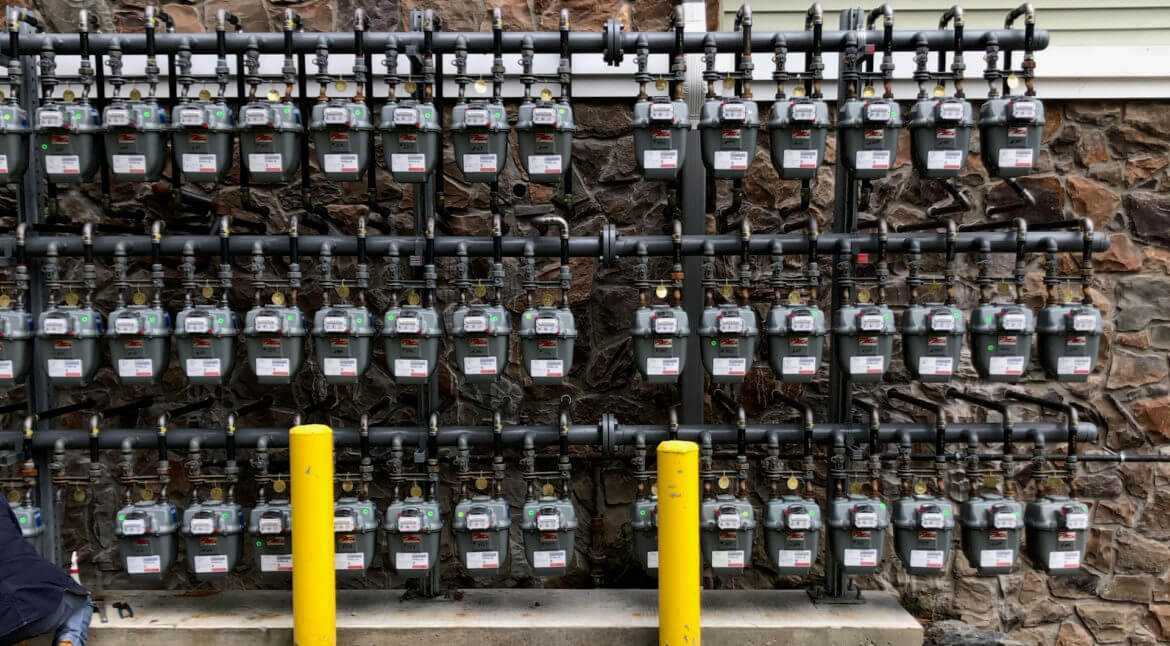Determining each tenant’s responsibility for the water bill can be a guessing game. Too often, the landlord makes up the difference, unfairly increasing the cost of business. Utilities are notorious for killing a landlord’s operating income.
Sub-metering provides landlords with a viable and fair method to bill tenants for the precise amount of water used.
Sub-meters are physical metering devices that measure water use. A plumber can install utility-grade meters to measure water usage in a particular unit. Plumbers 911 has plumbers avaliable to complete such projects.
Sub-meters take the responsibility of accurate billing away from the landlord, as tenants are billed directly. Once installed, a quality sub-meter can provide accurate data for years with little maintenance. Wireless technology eliminates the need for manual readings.
Here are four ways sub-metering protects a landlord’s bottom line.
Sub-metering provides transparency and fairness
Water sub-metering is the fairest way to distribute utility costs. Tenants are charged for the precise amount of water used – no need to estimate or split costs with the other unit based on percentage. Sub-metering provides transparency and fairness, so no one is forced to pay more than their fair share of the utility bill.
Sub-metering improves your net operating income
Utility costs are rising, and when tenants pay a fixed utility rate, the landlord pays the difference. Installing sub-meters enhances utility cost recovery. Tenants are also never charged for utility costs they don’t use, increasing the incentive to rent your property.
By improving a property’s income potential, you optimize a unit’s property value.
Sub-meters deliver a significant return on investment
Though it is delayed, sub-meters deliver a substantial return on investment. You can expect to recover the initial upfront costs within six to 12 months. As a sub-meter lasts up to 10 years, you are earning money on the submeter for at least nine years.
Hire a Plumbers 911 contractor to install sub-meters on your property, and you get a fast yet substantial return on investment.
Certain states legally require submeters
Some states legally require sub-meters on rental properties to promote responsible water use, conservation, and fairness to the tenant.
Under California’s SB 7, landlords are required to install sub-meters in apartments and other rental housing constructed after Jan. 1, 2018. Under the law, residents must be provided with accurate data on water usage. The resident pays for actual use rather than an estimation.


